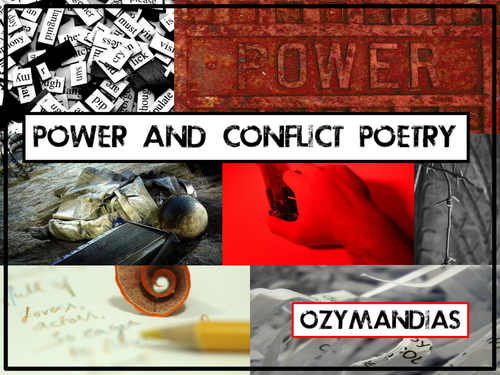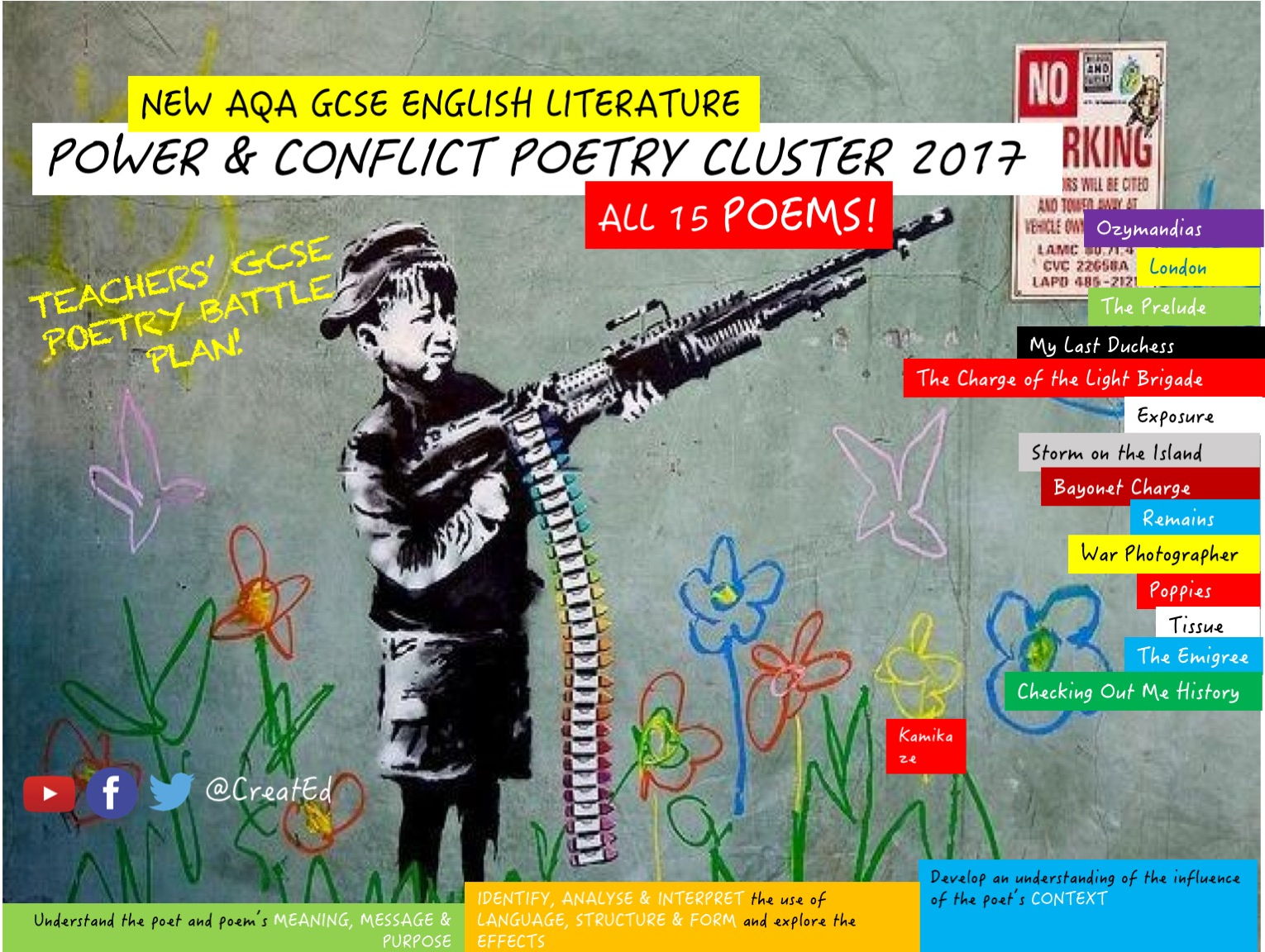A reminder:
Here is the strategy for Paper 2:
1) Read all the exam paper starting from the information on the outside. This will give you hints about the tone of the two extracts (look at the titles), the times that they were written in, the subject matter and the authors.
2) If you have time, try and jot down timings on the front of your paper and your acronyms.
3) Read the questions. Use your highlighter to pick out the KEY parts. This will inform your reading of the extracts and make you better at annotating as you read. Any lines that are given to you for certain questions, isolate those lines and write the question next to them eg the part for question 1 and question 3.
4) Read the extracts. Make sure you DO NOT SKIM them but read every single word. Remember that you might get misled if you don't read it or understand it properly so look for key words like 'instead' and 'otherwise' to hint that the writing is going in a different direction.
Use your COMMON SENSE (if you have any!) - if a piece of writing describes a street as silent and peaceful and then says 'unlike the conventional noisy cities where the traffic crashes constantly' then the key word is UNLIKE. Don't fall into the trap of skimming and focusing in on the words 'crashes' and 'noisy' and ASSUME this is a negative depiction of a city. This is saying that the place is UNLIKE a busy city...therefore it is calm...
5) When zooming in on language, remember to identify figurative, emotive, sensory language, repetition for effect. Remember, if you cannot remember language devices then look for semantic fields (words that create same impression), powerful verbs and adjectives. It is not enough to say 'powerful' - you have to say WHY they are powerful and the effect they create.
Do the questions in the following order ONLY ONCE YOU HAVE FINISHED READING AND ANNOTATING THE EXTRACT:
5- This has 40 marks. It is important that you have read the extracts so you can borrow some of the ideas from the two extracts for your own arguments.
26 marks are for content and organisation so use you memory of PAT DA FAT HORSIE for content (this gives you all the techniques you can use)
And use your memory of SMURF to help you paragraph and structure your argument.
Timings
Reading and annotating the extracts 15 mins
Question 5 - plan and write (do NOT forget to plan!) 45 mins SMURF
Question 1 - 4 mins Fact retrieval - shade the box - watch for red herrings
Question 4- 20 mins - PEMA CPEMA x 2 (C stands for Comparison) Good TS please!
Question 3- 12 mins- PELE ELE ELE
Question 2- 8 mins PEI CPEI x 2 (or just one if you don't have time)
Remember to learn:
DISCOURSE MARKERS - good sentence starters. Look on blog if you can't find the ones I gave you in class or google them!
ADVANCED VOCABULARY - Look on blog - there is a whole list of impressive words and good metaphors to choose and learn. Why not steal the odd word or sentence starter from the work we have done on other language papers or from Literature? Eg pompous (from our description of Mr Birling)
COMPARATIVE LANGUAGE-
Conversely,
On the other hand,
A different approach is taken...
Likewise,
Similarly,
In the same way.
REMEMBER to be evaluative in Qu 4 and that Qu 4 is asking you to mention methods (Structure / Tone / Language word and phrases / Lang devices) but also for Writer's perspectives (views on the topic) so don't say:
The snow is described as calm...
Say: The writer's view on extreme weather is that is can create a beautiful, calm atmosphere.
Remember you easy wins for structure: all of you can talk about the opening, the closing, where the focus moves to and the perspective (1st or 3rd person). For each structural point, mention the effect on the reader and BOOM! Full marks :)
Good luck over the wkend, sleep eat and rest!
Miss Fowler



